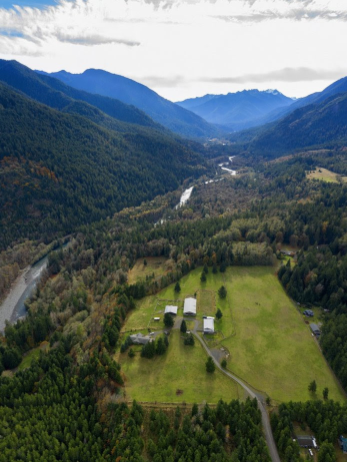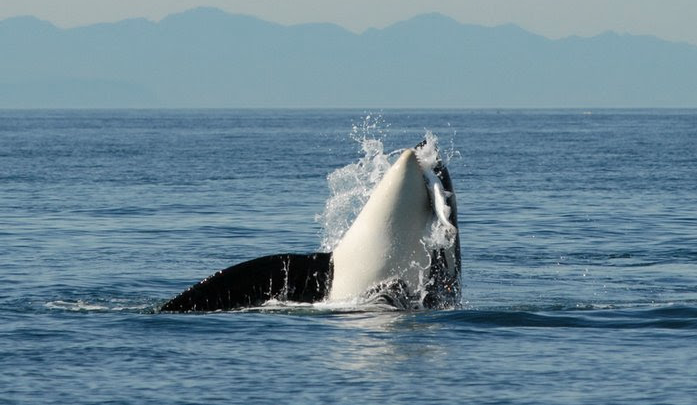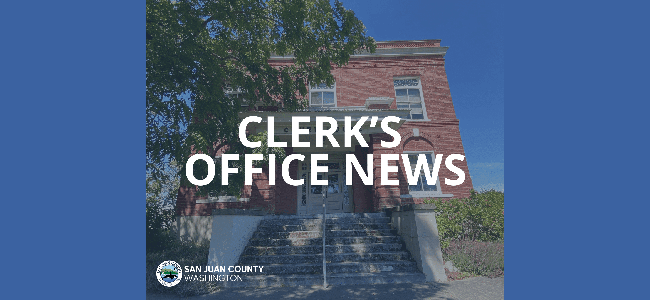Whale research non-profit takes a big leap in conservation to preserve salmon habitat
||| FROM CENTER FOR WHALE RESEARCH |||

Friday Harbor, WA (December 2, 2020) – In October 2020, the Center for Whale Research purchased a 45-acre ranch bordering both sides of Washington State’s Elwha River, in a stretch of the mainstream river where a majority of the remnant native Chinook salmon now spawn. The ranch, smack in the middle of the recovering Elwha Valley habitat, has been renamed: BIG SALMON Ranch.
“The one bright spot that we can see in the Chinook salmon issue resides in the Elwha River ecosystem. Demolition of two obsolete hydroelectric dams that blocked salmon from the headwaters and historical salmon spawning ‘grounds’ was completed in 2014. The salmon are coming back in greater numbers each year, and in twenty more years, they may reach historical population levels. Restore the ecosystem, and the salmon will recover, is the message. Un-build it, and they will come. It is a good story that saves the fish and us from beating our heads against an entrenched political and economic system that ignores ecological reality. We decided to champion a good example as a model for other river ecosystems that can ultimately provide food for the whales [Southern Resident orcas].” —Ken Balcomb, CWR Founder and Senior Scientist
The Chinook salmon abundance from the Elwha River ecosystem, which begins in Olympic National Park and flows into the Strait of Juan de Fuca, can provide a healthy food source for the Southern Resident orcas and a sustainable, nearshore artisanal fishery in the Strait.
“The approximately 7,400 Chinook that recently returned to the Elwha created roughly 900 “redds,” each of which contained about 5,000 fertilized eggs. Optimally, over 4,000,000 baby Chinook “smolts” will be produced by the Elwha. By 2024, this could result in 80,000-250,000 returning adult Chinook salmon for the whales and ocean fishers to catch! Rational fish recovery and management are way down the list for political and public attention right now, and the recovery issue is too tangled up in polarizing self-interests. We at the Center for Whale Research have been only asking for what the whales need, for gosh sakes. It is disingenuous for political leaders to state that the Southern Resident orcas’ extinction will not be tolerated while at the same time bowing to interests and continuing practices that make their survival impossible. The orcas must eat to survive, just like people.” — Ken Balcomb, CWR Founder and Senior Scientist
**If you are reading theOrcasonian for free, thank your fellow islanders. If you would like to support theOrcasonian CLICK HERE to set your modestly-priced, voluntary subscription. Otherwise, no worries; we’re happy to share with you.**








How exactly will you use this property to help save the Orcas?
I’m thinking they will use the area to enhance salmon production. It’s a good first start.